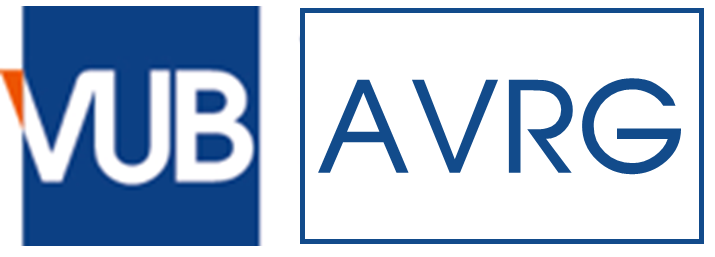Background
Due to the recent advancements in Artificial Intelligence, the field of Machine Learning (ML) provides us with complex tools for data analytics and autonomous pattern extraction. In our group, we leverage the benefits of ML techniques in three ways.
First, their inclusion in our research methodologies allows us to summarize large data sets and pinpoint regions of interest. Further analysis of these regions gives us with fundamental insights into the dynamics of operating machinery. An example of this is our methodology for failure analysis, in which we aim to link the operational dynamics occurring within machines to potential failure modes using ML.
Second, ML techniques have the ability to continuously and quickly process data that is streamed from the operating machines. This is a necessary step to deal with the incoming large data sets and provide real-time predictions on various aspects of the machinery, e.g., temperatures and vibration features.
Finally, the combination of physics-based domain knowledge and non-linear ML model training has the potential to autonomously optimise data-driven fleet control. Such an optimisation gives insights into the aspects of machine control in the field that are currently poorly understood.
The group works in close collaboration with the VUB AI Lab to develop methods targeted towards failure analysis and fleet control.


